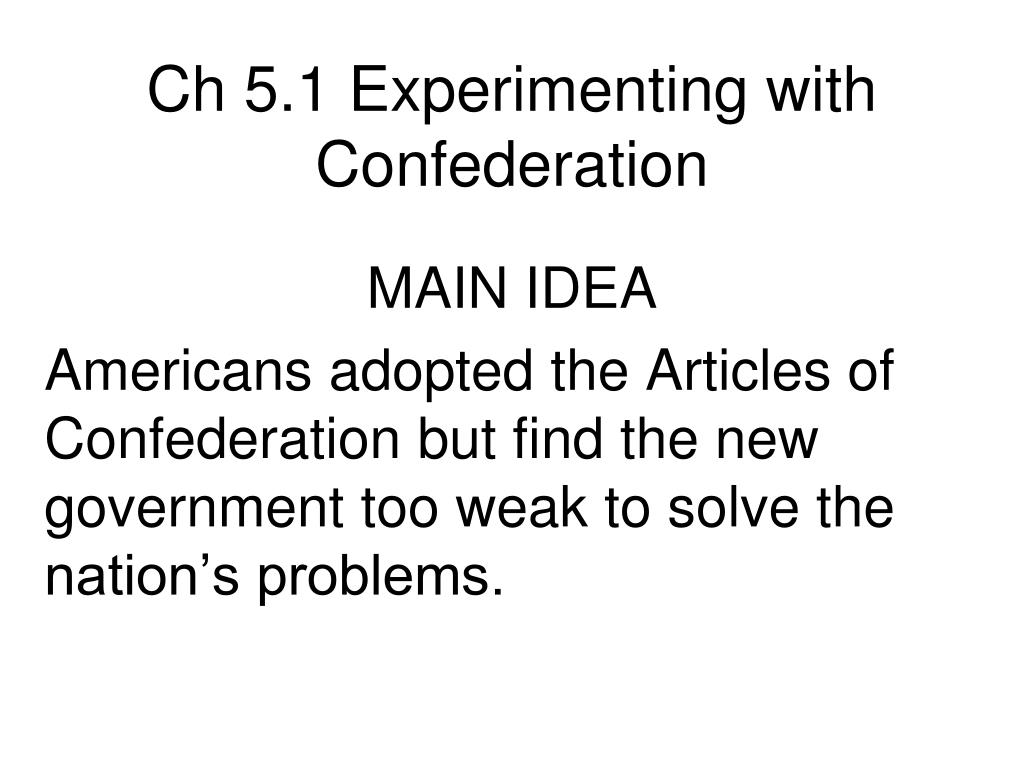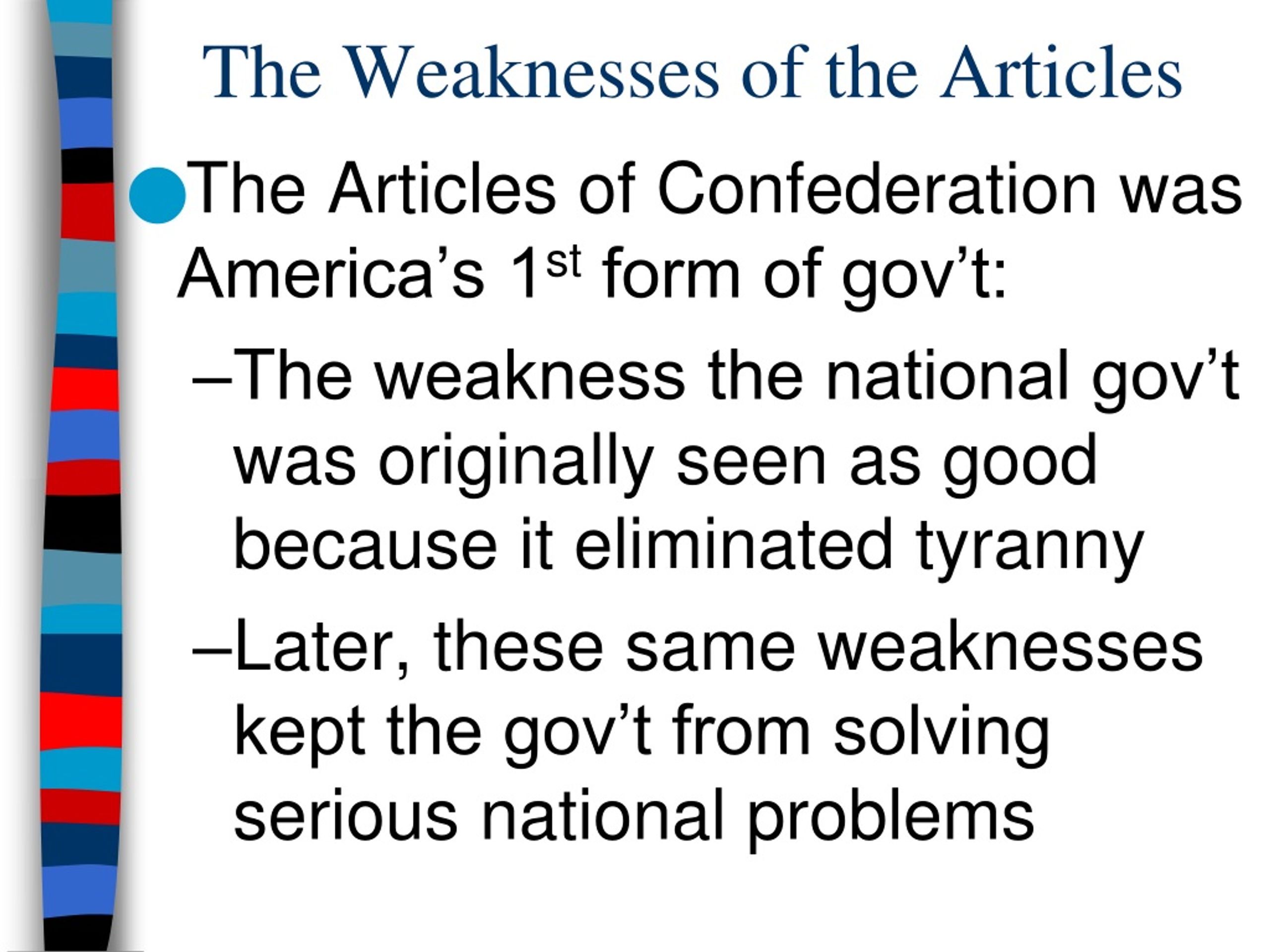

The confederation government was collapsing, and the various state governments were beset by debt. He said that society was falling into chaos and anarchy, with the country's finances near ruin. John Fiske, a popular historian, wrote a book called The Critical Period of American History. The Federalists had an explanation that was best expressed in a book written a hundred years later in 1888. Now, the Federalist explanation-and the Federalists is the name that the promoters of the national constitution gave themselves, quite shrewdly, because they really were nationalists, not federalists. So how does it happen that in a decade's time they change their minds so dramatically? That’s a historical problem. That was what they could conceive of, and there was nothing like a national government. There was a very literal meaning of the "United States" at the time. Think of the United States in that sense-thirteen states came together to form a league, a union, and that was the United States.
#What were some pronlems with teh artivcled of confederation series
All that holds the European Union together is a series of treaties made among independent states. If you want to understand the Articles of Confederation, think of the present-day European Union, in which the states come together under a treaty. And Americans' experience with a far-removed, distant British government made it almost inconceivable that they would create such a government. Montesquieu, the great French theorist, said there could be no large republic-that it would simply fall apart. As a historical problem: why do we have the Constitution? If you look back at 1776, no American in his wildest dreams imagined the kind of strong central government that emerged from the meeting in Philadelphia in 1787. I want to talk about the origins of the Constitution. Wood, "The Articles of Confederation and the Constitution" He is a fellow of the American Academy of Arts and Sciences and the American Philosophical Society. Professor Wood frequently contributes to the New York Review of Books and The New Republic. His latest book, Empire of Liberty: A History of the Early Republic, 1789-1815, was a finalist for the 2010 Pulitzer Prize. Dunning Prize in 1970, and The Radicalism of the American Revolution (1992), which won the Pulitzer Prize for History in 1993. His works include The Creation of the American Republic, 1776-1787 (1969), which won the Bancroft Prize and the John H. Wood is an emeritus professor of history at Brown University. Wood gave this fascinating lecture on "The Articles of Confederation and the Constitution."

At the Humanities Texas teacher institute "Shaping the American Republic to 1877" at The University of Texas at El Paso, historian Gordon S.


 0 kommentar(er)
0 kommentar(er)
